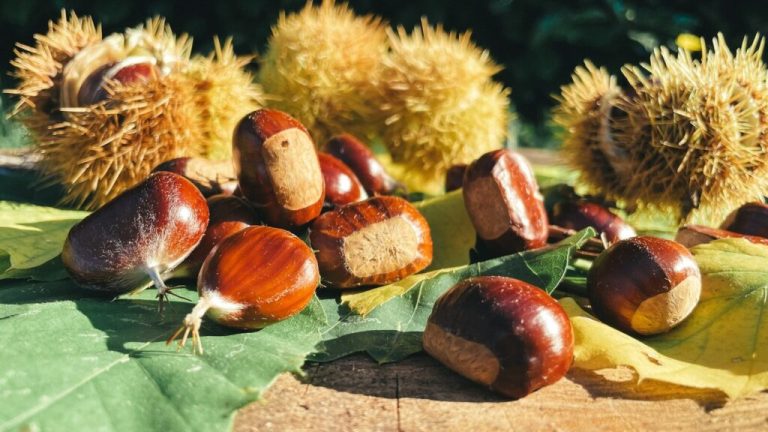5 things you may not know about Julia Tutwiler, one of Alabama’s most influential women
Reading time: 4 minutes

In case you didn’t know, we love hearing from our audience (that’s you!). Over on our LinkedIn page, we host weekly polls to stay updated with what you want to know. In honor of Women’s History Month, we asked which influential Alabama woman you wanted to know more about. There were no wrong answers here, but with 59% of votes, Julia Tutwiler took the cake. Read on to learn about her and why she’s one of the most transformational figures in Alabama.
1. She wrote our state song

It may seem like Sweet Home Alabama by Lynyrd Skynyrd is our state’s anthem, but Julia Tutwiler is the woman behind our state song, aptly titled Alabama.
Originally written by Tutwiler as a poem in the late 1860s, it was later set to music composed by Edna Gockel Gussen, an organist and choirmaster from Birmingham. It became the official state song in 1931.
2. She was instrumental in founding 2 Alabama institutions

Julia Tutwiler was a key figure in the founding of two Alabama institutions, what is now known as the University of Montevallo and the University of West Alabama.
As President of Livingston State Normal School, Tutwiler rallied the support of many influential women’s clubs and organizations across the state. Eventually, she worked her way up to legislators who authorized a grant for the Alabama Girls Industrial School at Montevallo. She was even offered the presidency of the institution!
In 1881, the Livingston Female Academy merged with the Alabama Normal College for Girls, which later became the University of West Alabama. The college was the first to receive the state government’s appropriation for education.
3. She’s known as the “Mother of Co-Education” in Alabama

Tutwiler made a major impact on the Alabama education system. She is now the namesake of multiple establishments on campuses across Alabama, including:
- Tutwiler Hall—The University of Alabama
- Tutwiler Hall—University of Montevallo
- Julia Tutwiler Library—The University of West Alabama
- Julia Tutwiler College of Education—The University of West Alabama
While president of Livingston State Normal School, she gained the title of “Mother of Co-Education” in Alabama. She successfully lobbied The University of Alabama (UA) Board of Trustees to allow female students to attend the University. In 1893, Bessie Parker and Anna Adams became the first two women admitted as students to UA.
At Livingston, Tutwiler served as the first and only female president of the college. Throughout her career, Tutwiler worked tirelessly to make higher education in Alabama more readily available to women.
4. She was a fierce prison reformer
Known as the “angel of the prisons,” Tutwiler pushed for many monumental reforms of Alabama’s prison systems. She demanded better prison sanitation and helped provide educational and religious opportunities for those incarcerated.
She fought tirelessly throughout her career for prison reform, not only with women, but with juveniles as well. She pushed to remove juvenile offenders from adult criminals and separate female prisoners from males.
Because of her advocacy, the Julia Tutwiler Prison for Women in Wetumpka was named in her honor.
5. She discovered a native Alabama plant found nowhere else on Earth
To go along with her impressive list of accolades, Julia Tutwiler was also a fearless plant champion. In 1873, she came upon a rare fern while exploring a small gorge by her Hale County home. After writing about her discovery, scientists from all over the country made the trek to Alabama to learn more about it.
In 2007, 137 years later, the fern was officially named as a new species, Asplenium tutwilerae. Its common name is Tutwiler’s spleenwort.
Overall, Julia Tutwiler was one of Alabama’s most influential women, bringing positive change to our statewide environmental, educational and prison systems.
Let’s keep celebrating incredible women throughout Women’s History Month.
This week we want to know… Do you think TikTok should be banned for personal use in the US? Vote here, and follow us on LinkedIn for more polls like this every week.



